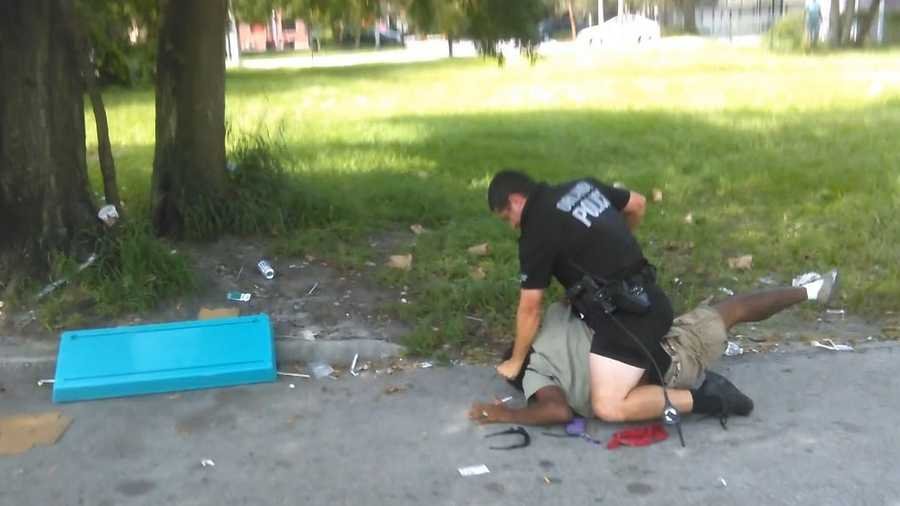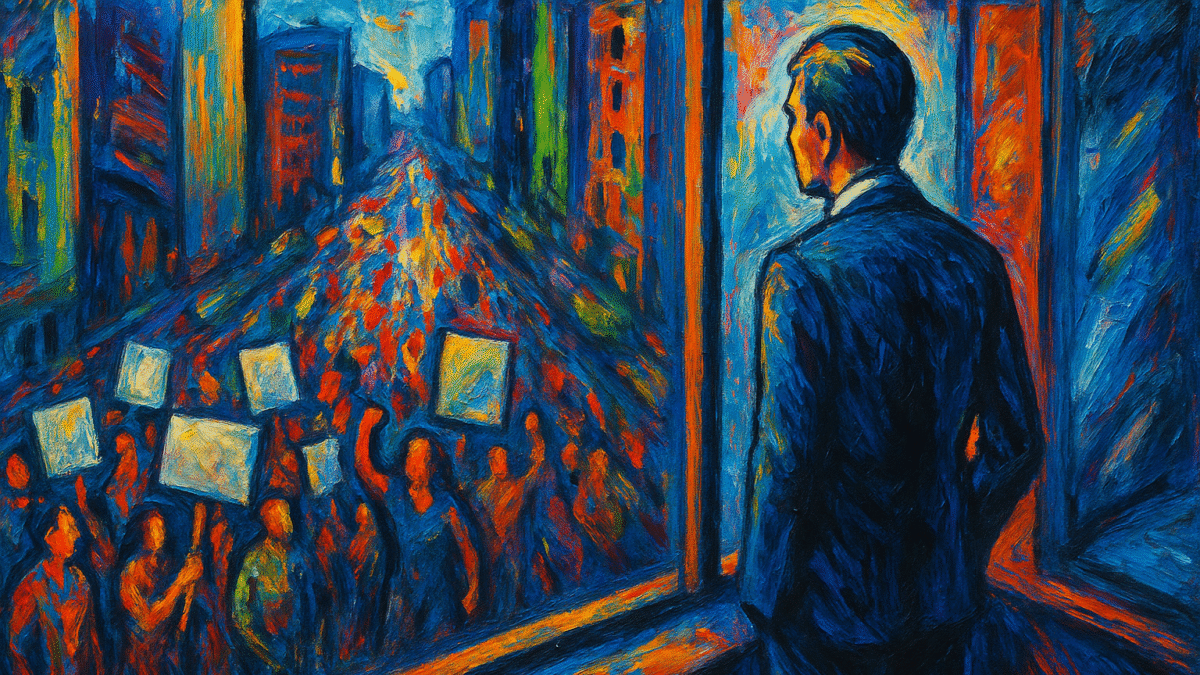Just a few days ago, Mayor Karen Bass of Los Angeles made headlines when she described a downtown encampment as worse than refugee camps she had seen in war-torn regions of the world. It struck listeners as odd if they had actually been paying attention to the homelessness situation in America.
“I’ve been to camps around the world, in conflict situations, I haven’t seen anything like that.”
It’s a bold statement. One that, at first glance, sounds like hyperbole. But the truth is, whether you think she’s exaggerating or not, she’s drawing attention to something that can’t be ignored. This encampment didn’t appear overnight. It’s been there for years. The real question isn’t how bad is homelessness now? The real question is why did it take so long for anyone to care?
Early in the morning before even a cup of coffee, they came with guns, bulletproof vests, crime tape, and front loaders. They weren’t there to talk the homeless into finding somewhere else to go. They were there to force them out and throw away their things. And just like that, the people who lived there, people with names, families, stories, were cleared out. Relocated. Erased.
The Language of Erasure
“Relocated” is a gentle word. It implies dignity. It suggests a moving truck and a new address. But for the people in those tents, it meant bulldozers. It meant watching what little they had, sleeping bags, cell phones, prescription meds, family photos, tossed into a city dumpster, often right in front of them.
The “help” that’s offered in its place is riddled with red tape. Shelter applications take weeks. Permanent housing can take years. And that’s only if someone gets their documents in order, which many find challenging. It’s a vicious loop designed to look like a ladder. By the time the system finishes processing someone and is ready to offer them help, they’ve already moved on…or given up.
Propane and Double Standards
One officer on the scene described the encampment as a “hazard” because residents were using batteries to power devices and propane tanks to cook food. For some reason, he talked about it like that was a threat and posed a health risk to the surrounding community.
But it’s okay for suburban families across the country to use the exact same things. Propane grills. AA batteries. Lithium packs. The only difference is whether you have a home or not. So why is it that someone with a mortgage can be trusted with fire and electricity, but someone with a tarp roof is seen as a walking risk?
It’s not about safety. It’s about status. And it reveals the deeper truth. It’s not the tools they fear. It’s the people using them. It’s a war against homelessness.

When Police Start Moving Like ICE
If the goal were truly to end homelessness, the tactics might look very different. But what we’re seeing instead is something that feels more like enforcement than outreach.
Take a look at the interior of a San Diego rescue mission with the cots lined in a row, the overhead lights, the security presence. It’s disturbingly similar to the images we’ve all seen of ICE detention centers. The visual is undeniable.
And for many people living on the streets, especially people of color, law-abiding American citizens, that resemblance isn’t abstract. It’s a warning. It’s a threat.
Let’s not forget that ICE has been documented mistakenly detaining American citizens during sweeps. If that can happen to someone who’s done nothing wrong, imagine how much harder it is for a homeless person to trust the system when “help” arrives in the same uniform that could just as easily arrest you.
The line between a shelter and a detention center has become too thin. And when the same hand that offers you help has a history of slapping people down, you learn not to take the hand at all.
The Real Question
At the heart of this issue is a question that gets buried under policy memos and press conferences. What have the homeless done that’s so bad?
Is it a crime to fall on hard times? To be laid off? To run out of couches to crash on? Is it wrong to boil water in a coffee can or keep warm under a bridge?
And if it’s not a crime, then why is the response so often a militarized one? This isn’t a war on homelessness. It’s starting to look like a war against the homeless.
A Book That Tells the Other Side
That’s part of the reason I wrote A Work in Progress. It’s not a policy paper. It’s not a documentary. It’s a story about one man, Traylor, who finds himself at the edge of society, with nowhere to go and no one coming to help.
But instead of giving up, he finds something unexpected. He learns more about himself with each step he takes to make his situation better.
He builds his way back piece by piece. Not with government programs or public applause, but with an abandoned warehouse floor, a blanket, and a coffee pot. It’s a slow, quiet journey, one that mirrors the real lives of thousands of people who aren’t on the news but still live this story every day.
Traylor’s not a symbol. He’s not a case study. He’s just a man. And like so many others, he proves that survival isn’t weakness. It’s resistance. Learn how you can read it for free… A Work in Progress.
To Read More
Enjoy some lighter reading with: Bikini Bull Riding Is On The Rise As A Brilliant Bona Fide Sport











